Expert Roof Flashing Solutions for Durable Protection
Roof flashing is an essential component in roofing systems, designed to prevent water infiltration at joints and vulnerable areas. Proper installation of roof flashing enhances the durability of the roof and protects the building’s interior from water damage. The process involves sealing edges, valleys, and penetrations such as vents, chimneys, and skylights to ensure a watertight barrier.
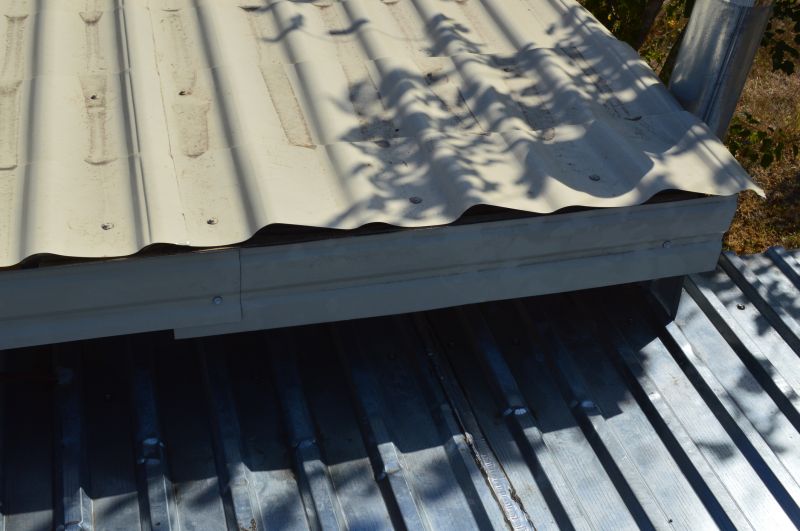
Durable and versatile, sheet metal flashing is commonly used around chimneys and roof valleys to direct water away from critical joints.
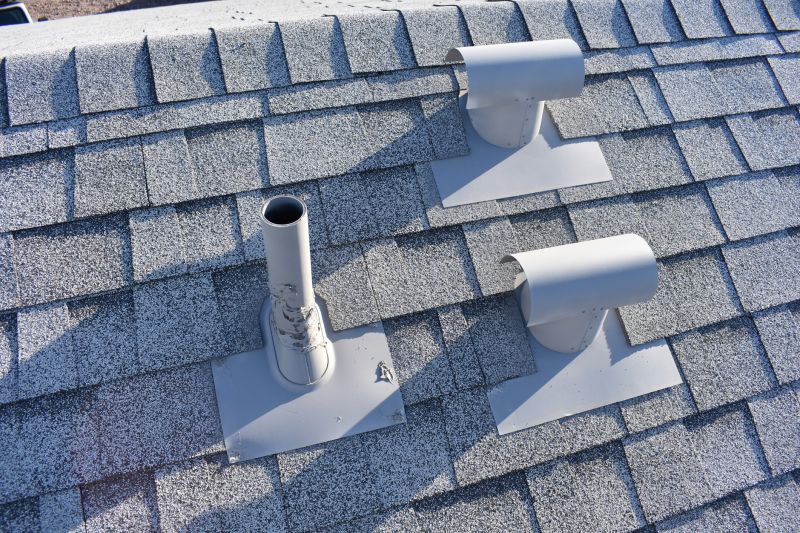
Installed along the sides of roof penetrations, step flashing provides a layered defense against water seepage.
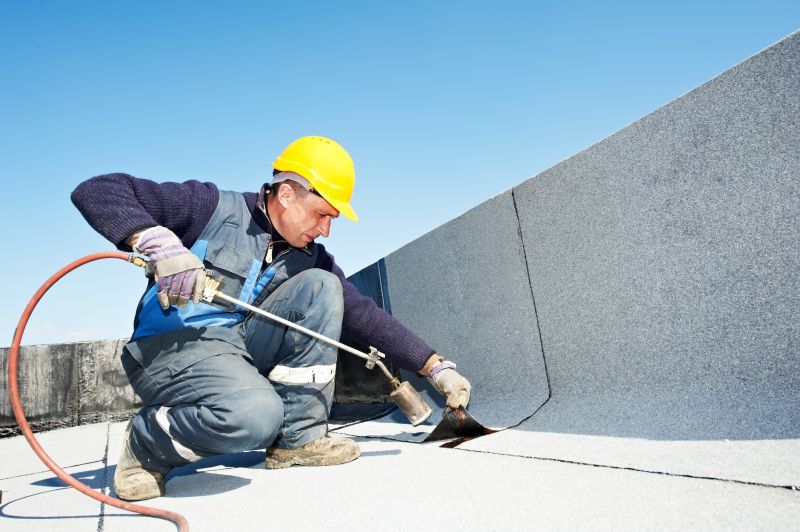
Placed in roof valleys, this flashing directs runoff efficiently, preventing pooling and leaks.
The installation of roof flashing typically takes a professional between a few hours to a full day, depending on the complexity and size of the roof. Skilled installers follow precise steps, including measuring, cutting, fitting, and sealing each piece to match the roof’s specifications. Proper installation is critical; improper flashing can lead to leaks, wood rot, and structural damage over time.
Hiring a professional for roof flashing installation ensures that the work meets industry standards and is completed efficiently. Experienced installers have the expertise to identify vulnerable areas and select appropriate materials, resulting in a longer-lasting, more effective waterproof barrier. This reduces the likelihood of costly repairs caused by water intrusion.
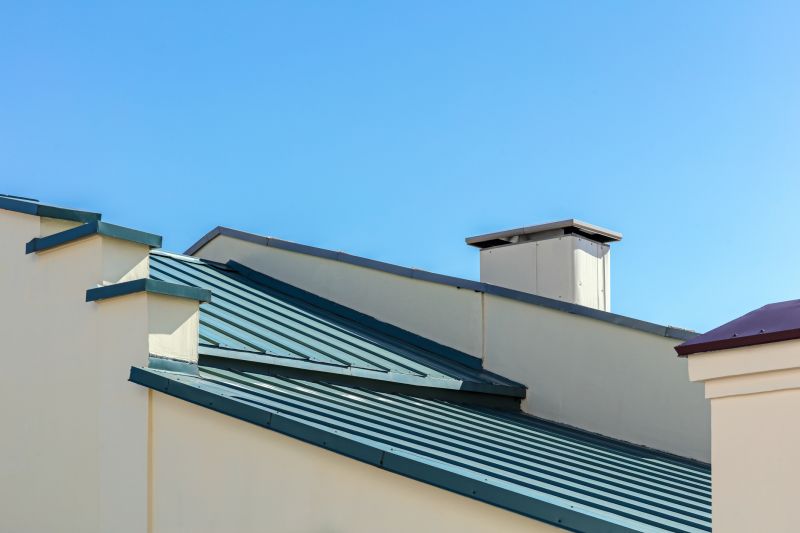
The completed roof showcases properly installed flashing that seamlessly integrates with the roof design, providing reliable protection.
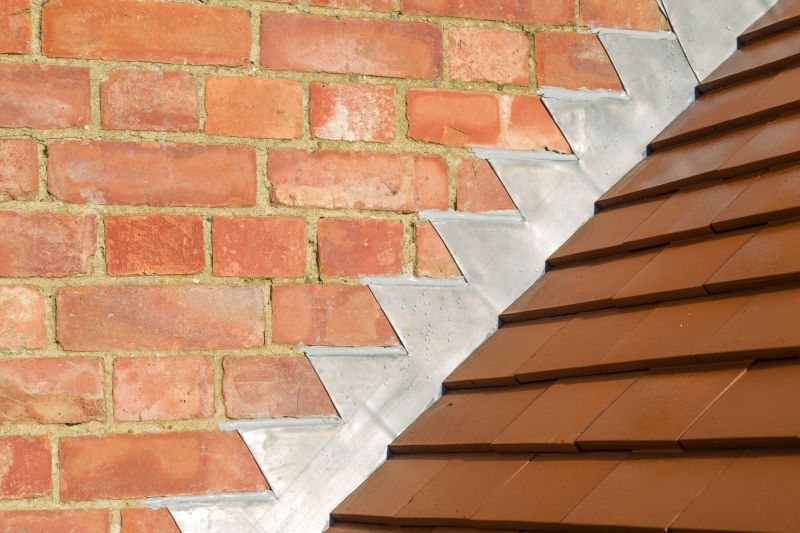
A detailed view of the flashing installation highlights precision in sealing and material fit.
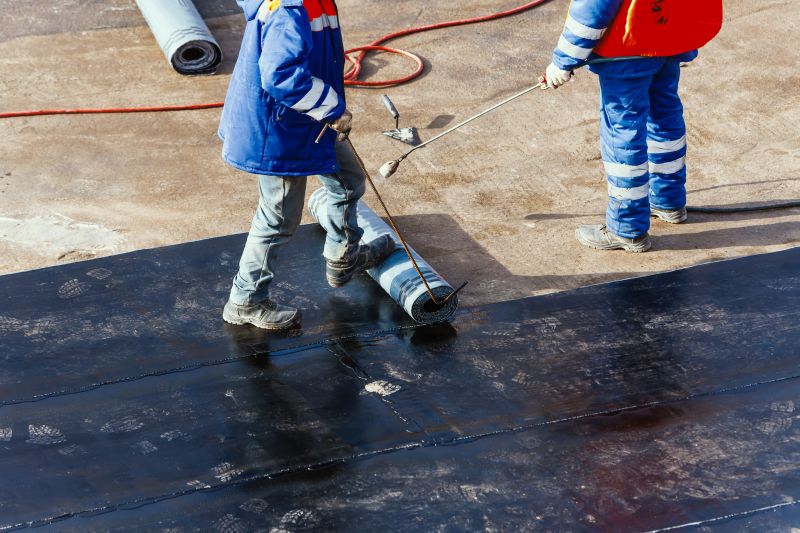
Different types of flashing work together to cover all vulnerable points, ensuring comprehensive waterproofing.
Effective roof flashing installation is vital for maintaining the integrity of a roofing system. Properly installed flashing prevents water from seeping into the building, reducing potential damage and extending the roof’s lifespan. Regular inspections and timely repairs of flashing components can further protect the structure from weather-related issues.



